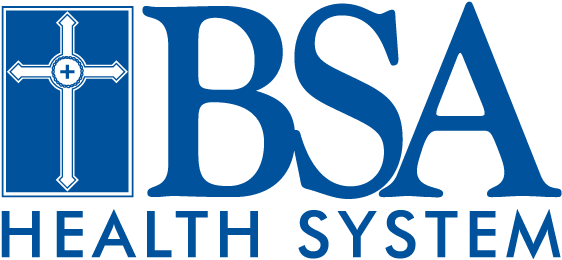Preventing Holiday Heart Attacks
The holidays are one of the best times of the year. From the decorations, to the festive music and gatherings, winter is a time marked with cheer and celebration for many. However, it is also a busy and stressful time of year for many – putting them at an increased risk of suffering a heart attack. Did you know there is a spike of heart attacks nationwide Christmas Day, the day after Christmas and New Year’s Day? Help keep you and your family safe by following these tips to prevent a holiday heart attack.
A 2004 study published in the journal Circulation found the incidence of heart attacks increases 5 percent during the holidays. However, another study says the days after Christmas and New Year’s Day traditionally sees a 33 percent increase in hospital visits due to heart failure. Cases of heart arrhythmia problems are also reported to be higher during this period than any other time of the year.
What is the connection?
Take a look at your calendar and you can get an idea what is different about this time of year. Parties, gatherings and family dinners make for a busy, but often over-indulgent schedule. We are more likely to drink or drink more than we normally do during the holidays and that can directly impact our heart health. Also, what are we giving up to attend all these events – usually exercise is the first to get crossed of the list of to-dos. Along with enjoying those holiday favorite recipes and sweets, rich in taste and calories, we are setting ourselves up for bad combination, especially if we have any existing risk factors for heart disease or stroke like hypertension, high cholesterol and smoking.
Protect your heart this holiday.
With all the hustle and bustle of the holiday season, the good news is there are easy ways to help protect your heart health this season.
1. Stay warm. Dress in layers and try to limit exposure to cold temperatures. The cold air can increase blood pressure and for anyone with existing hypertension, this can increase the risk of heart attack and stroke.
2. De-stress. Take time for yourself every day to unwind and take a break from your busy calendar. Meditation or yoga may be helpful to help balance responsibilities with being mindful of your health. Also, be aware of the added stress of finances this time of year and make sure you follow a budget to relieve some of that pressure.
3. Make the better choice. Whether it is food, drinks or exercise, make the better choice most times than not this holiday season. Keep your immune system strong by sleeping well, getting physical activity at least 30 minutes a day most days a week and eat a balanced diet.
If you have any concerns about your health or recognize the early signs of a heart attack, contact your health care provider immediately or go to the Emergency Room.



